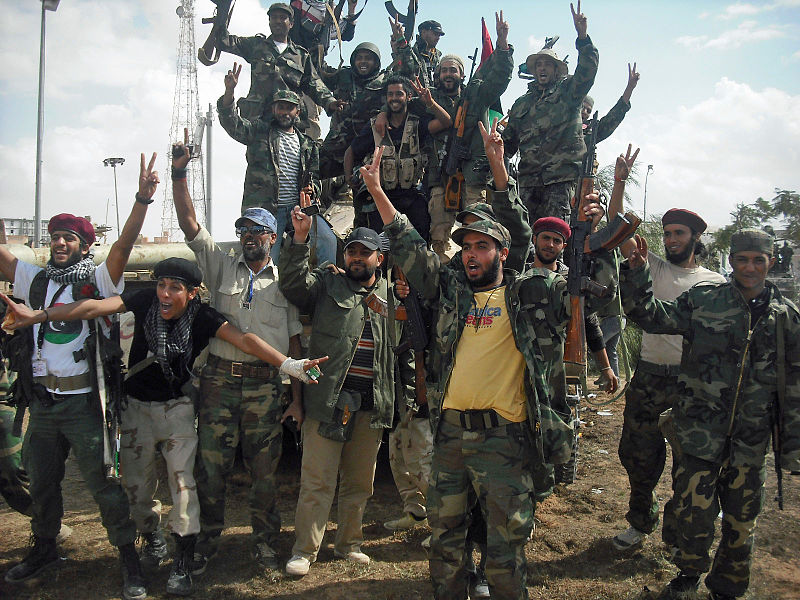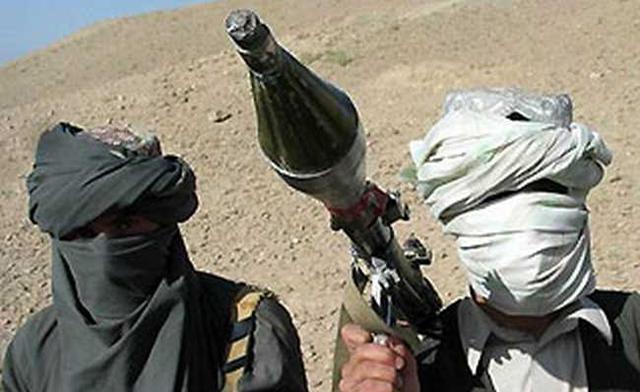The second round of Geneva peace talks centred on Libyan stability and security in a post-Gadaffi political environment began Monday, January 26. As Libya quickly approaches failed-state status, the United Nations Support Mission in Libya (UNSMIL) decided to hold the talks in an effort to bring together municipal and local council representatives from towns across Libya, with the intention of “ending Libya’s political and security crisis in a spirit of openness and reconciliation that is guided by the higher national interest of the Libyan people”. This follows the first round, which took place last week, in which stakeholders expressed their commitment to “a united and democratic Libya governed by the rule of law and respect for human rights”. The talks have stressed the importance of “openness and reconciliation” as essential to post-war reconstruction.

As the Islamic State grows in power and influence, it is important that Libya quickly stabilize if it is to avoid a total takeover by the transnational terror network. Islamic State- affiliated militants known as the Tripoli Province of Islamic State have already claimed responsibility for the attack on Tripoli’s Corinthia hotel on Tuesday, which resulted in the deaths of at least five people. The hotel, which serves as one of Tripoli’s economic and tourist hubs, houses a number of foreign embassies.
Post-Gadaffi Libya is no stranger to Islamist terror. Libya Dawn, the largest anti-Gadaffi warring coalition and the governing body of Tripoli, has been accused by its opponents of having political and financial ties to the Islamic State. In December, Libya Dawn claimed responsibility for a car bombing near the Foreign Ministry headquarters in response to the Ministry’s “Merry Christmas” message.
The chaos that is characteristic of post-Gadaffi Libya should come as no surprise. Colonel Gadaffi, controversial for his purported role in organizing the terrorist attack in Lockerbie, ruled Libya for over 40 years. In that time, he implemented top-down politico-economic restructuring inspired by Nasserite Arab Socialism and what he labelled “The Third Universal Theory”, a middle-ground between Communist and Capitalist ideology that advocated for community rule by councils. However, Libyan society was subject to heavy censorship, as anyone who opposed Gadaffi’s rule could face legal penalties including imprisonment without a fair trial, torture, execution, and forced disappearance. This heavy-handed rule served to inhibit the development of an independent civil society, resulting in widespread chaos after the fall of Gadaffi.

After a brutal six-months of anti-government protests, which led to the deaths of 4,700 rebel supporters and 2,100 disappearances, Libya was liberated in July 2011 and a National Transitional Council was set up during that time. The National Transitional Council brought various opposition groups together toward the end of the civil war. It was disbanded in 2012 when it had met its goal of developing a constitution, and power was handed over to a new government. However, that is not to say that Libya has achieved a state of stability, as Benghazi has fallen to Islamic militants and the Islamic State has set up training camps in the East, where hundreds of fighters are currently undergoing training.




